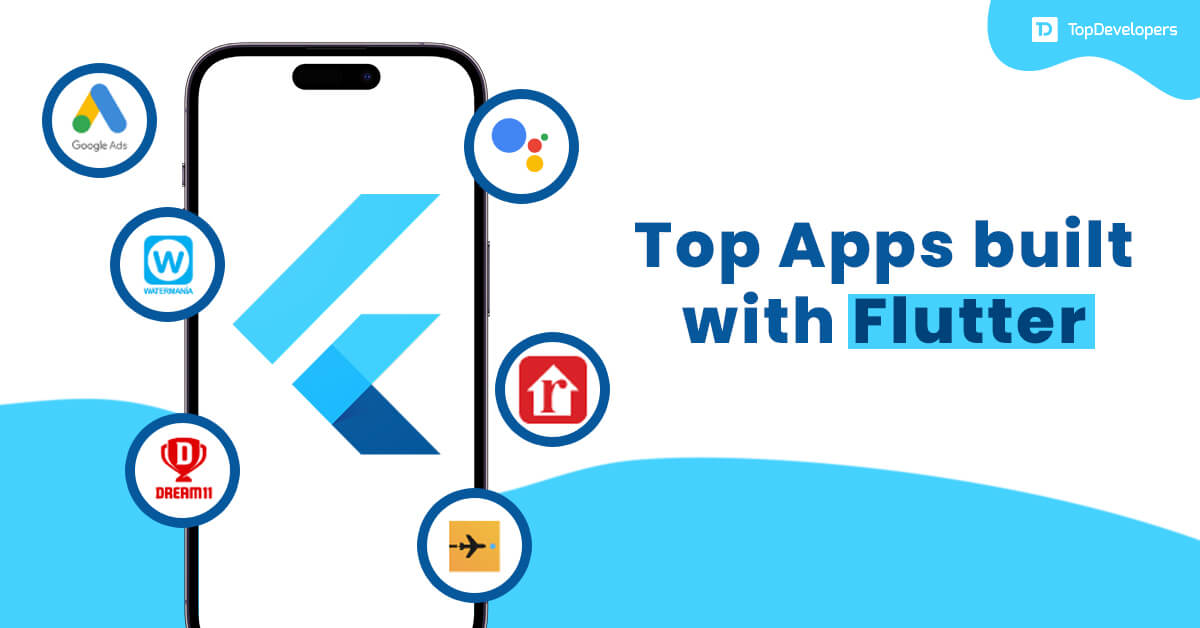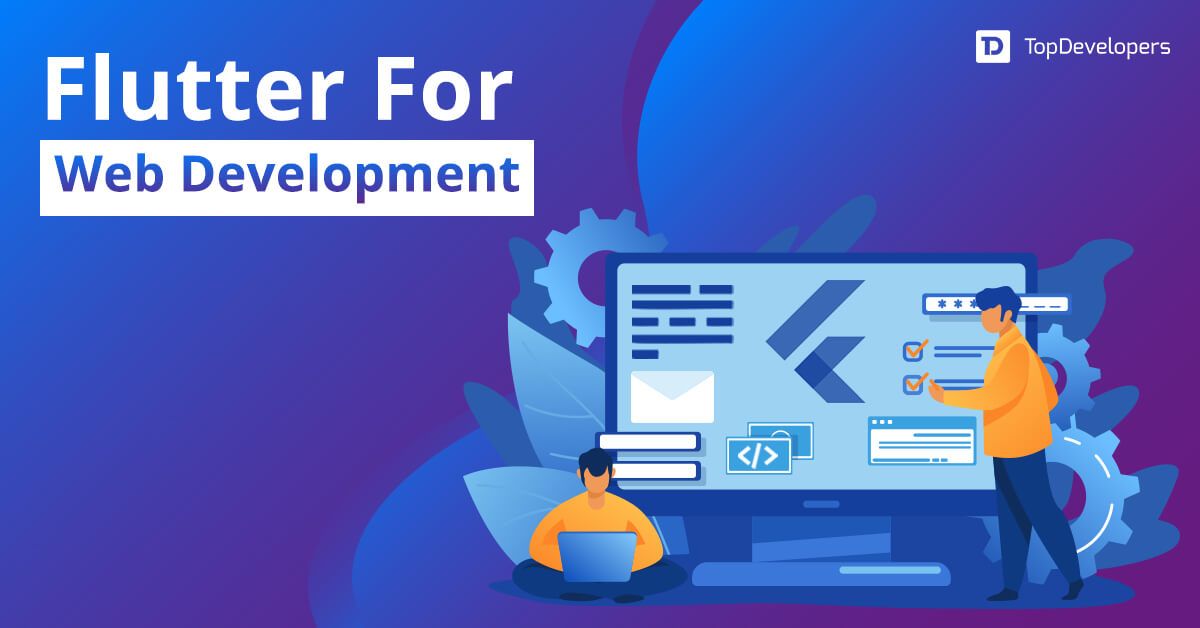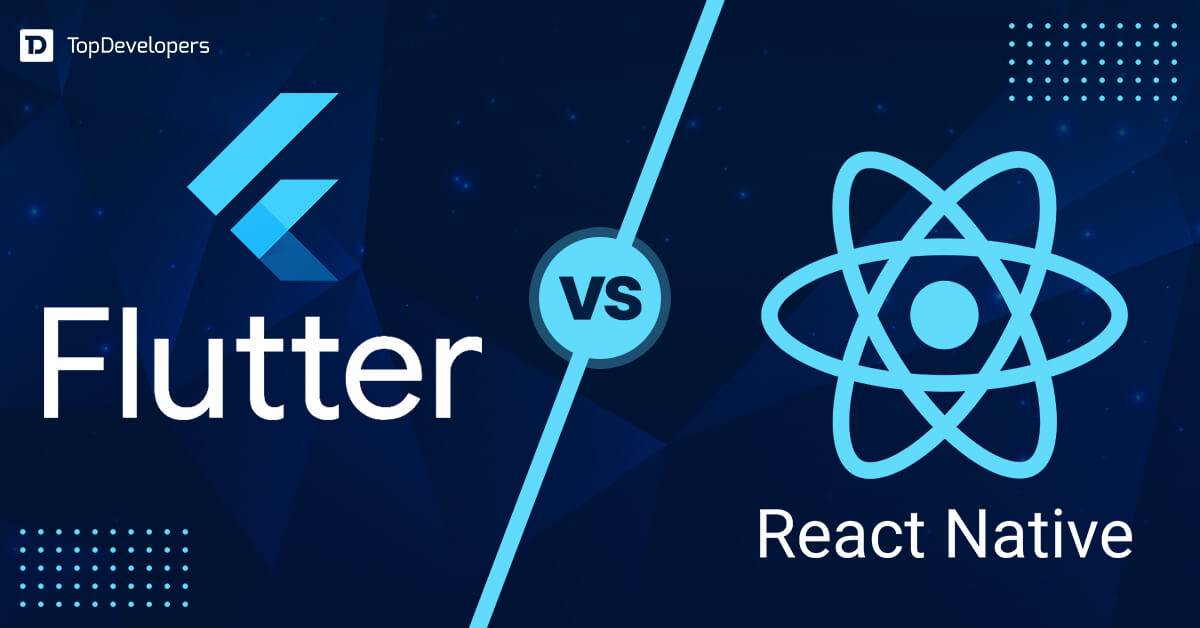
The mobile app industry is thriving with growing mobile app usage at a steady rate. The apps are expected to generate hundreds of billions of revenues as half of the world’s population opens the mobile app more than 11 times a day. With the improved focus on people and market trends around mobile apps, businesses are increasingly moving into mobile orbits.
Building apps with cross-platform development approach is more favored as opposed to native app development. The former option enables businesses to mobilize business services and operations, and increase user outreach at a reduced time and cost. The enhancements of cross-platform frameworks such as Kotlin and Flutter have made it possible to get build native-like, high-performance applications.
Here’s the catch, for developing a scalable and secure application, it’s essential to leverage the right framework, technologies, and tools. In this blog, we will discuss two languages- Kotlin and Flutter that have scored high popularity in a shorter span. Although app development companies give equal credence to Kotlin and Flutter for app development depending on the project needs.
Before delving deeper into Kotlin vs Flutter Differences, let’s get into the meat of the matter of the two languages.
Table of Contents
What is Kotlin?
The statically-typed programming language was initially designed for java virtual machine is released for public usage in 2016. The standalone language is interoperable with Java and renders better functionalities as opposed to Java. It means both languages share the same information that enables developers to use them side-by-side for app development. The multi-platform capabilities of Kotlin enable building apps for different platforms with seamless code and data sharing. Take a tour of the superior features of Kotlin that are making app development more interesting.
What is Flutter?
Google-built UI toolkit was leveraged for building apps for six platforms- Android, iOS, Windows, web apps, and macOS using a single codebase. The framework is powered by Dart language which enables asynchronous programming and guarantees high-performance app development. Delve deeper into the benefits of Flutter for mobile app development to know how it’s creating a buzz around the mobile app development world.
Kotlin vs. Flutter- the one-to-one comparison to know which is better
Flutter and Kotlin have gained an edge in the market with a bunch of features and functionalities. Leading players leveraged them to power their mobile applications. Take a look at the Kotlin Vs. Flutter difference to know which is the best for your next project.
Rapid development enabling reduced time-to-market
Businesses want to launch the app in reduced time-to-market to keep up with the latest trends and fill the gap before the competitor does. Explore the guide that briefs well on how to turn your app idea into the ultimate solution in a budget-friendly and time-savvy manner. Let’s understand it in the context of Flutter and Kotlin.
Flutter-dart- the combo is an open-source language that facilitates access to user-friendly documentation and original code. Also, the modern language uses less coding to get built a fully-functional app. The hot reload feature enables making changes to the front end instantly as the code is changed in the backend. This functionality reduces overall development time. Not to forget, the cross-platform capability of Flutter allows businesses to release native-like apps for multiple platforms in a reduced time.
Kotlin’s syntax makes the coding less verbose, clean, and clear, which enables app development in a minimum time. The fewer lines of code mean minimum bugs and errors in the app. The improved reliability accelerate app development speed.
Render high Performance
Businesses perfectly understand the need for high-performant mobile applications because users show no mercy for apps that take more than 3 seconds to load and start looking further. It’s not healthy for business ROI.
When it comes to Flutter app development, the apps built for different platforms provide close to native performance despite complex UI design. Flutter’s ability to build the app inside the machine code remove the expectancy of bugs. Thereby getting building high-performance apps becomes possible. Hire Flutter developers to avail of the Java interoperability and multiplatform capabilities for the next project.
Kotlin is the enhanced version of Java where all the issues that Java had were fixed. It has made Kotlin- a programming language with an easy-to-read codebase where bug compilation is feasible during app development. when the errors are identified and fixed earlier, the trivial mistakes are prevented during the program execution.
Code quality ensures app security
Security can make or break the app’s success, which directly impacts the business’s credibility and reliability. The code quality plays a vital role in ensuring a secure app launch that shields data from fraudsters. In flutter Vs. Kotlin battle, take a look at who aces in terms of security.
Kotlin is known for code quality despite the app being developed for multiple platforms. When teams work together for building apps for different platforms, seamless communication results in clean code and early bug detection. This way, the app development risks are identified proactively and the next development stage is saved from getting affected. Plus, the code modularity and testability make the code maintainable, and easy to find out what’s going on.
On the contrary, Flutter is a new language on the technology block and evolving with subsequent upgrades. Faster debugging with a hot reloading feature facilitates updating code immediately when any flaw is detected, which helps in guaranteeing quality code.
Community support
Businesses get the added advantage of choosing a language that has great community support. When the app faces some problems, it gets resolved sooner with the assistance or help of the developer’s community. Let’s see in flutter Vs. Kotlin war, how these two languages are popular.
Flutter is not widely adopted in the IT landscape, but its unique features are making the language popular. Flutter received 149k stars on GitHub and the percentage of questions asked on StackOverflow around Flutter is 2%.
The situation is completely upside down with Kotlin, Kotlin received around 44k stars on GitHub and the percentage of the questions moving around Kotlin development on StackOverflow is 3%.
It seems from a popularity perspective and community support level, businesses can choose any of the two languages for app development.
Integration with third-party libraries
Scaling the app with the least effort is a need of the hour. It enables businesses to enhance the app as the business grows and users’ preferences change. When we look at both languages- Kotlin and Flutter, third-party libraries integration comes to the rescue. See who is the hero in Kotlin Vs Flutter for third-party integration.
Flutter’s UI toolkit supports third-party integration to build native-like UI development for apps to be built for multiple platforms. The support for third-party tools allows connecting the app with native environments.
Kotlin does not provide an ecosystem of third-party libraries or tools that facilitate building an app in a native environment because it directly enables native app development.
Which is better- Kotlin or Flutter?
Are you ready to roll over the business app development ball? That’s great! Without the selection of the right tech stack, you cannot expect epic success. The programming language selection plays a critical role in building high-performance, secure, and scalable apps that end-users like. Whenever mobile app ideas make their way to the entrepreneurs’ minds to make an advanced app, two languages- Kotlin and Flutter are among the trends today. However, selecting one between these two languages is a daunting task. It’s made easy in the blog.
The one-to-one comparison between Kotlin and Flutter helps in identifying who is the winner in the Kotlin vs Flutter battle based on different project needs. For instance, when small-to-mid-size project development is your need, Flutter is a good option. It helps you get to the market in a reduced time with multiple apps launched on distinct platforms. On the flip side, Kotlin is a good fit for advanced applications where native capabilities and a robust backend are required.
Come up with your project needs and find out which language fits the bill. Still, if you are confused, feel free to connect with a reliable development company that helps you know which language is perfect for your app development needs.
 Avantika Shergil
| Feb 1, 2023
Avantika Shergil
| Feb 1, 2023
Avantika Shergil is a technology enthusiast and thought leader with deep expertise in software development and web technologies. With over 8 years of experience analyzing and evaluating cutting-edge digital solutions, Avantika has a knack for demystifying complex tech trends. Her insights into modern programming frameworks, system architecture, and web innovation have empowered businesses to make informed decisions in the ever-evolving tech landscape. Avantika is passionate about bridging the gap between technology and business strategy, helping businesses build customized software and website, and understand about different tools to leverage effectively for their ventures. Explore her work for a unique perspective on the future of digital innovation.





